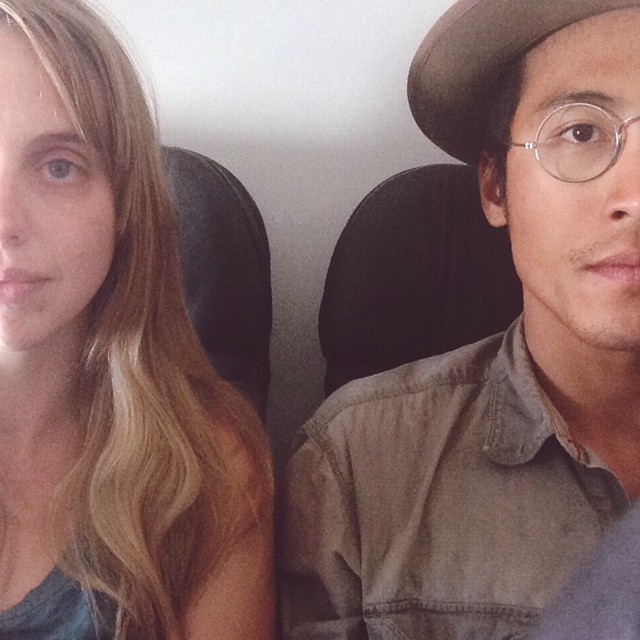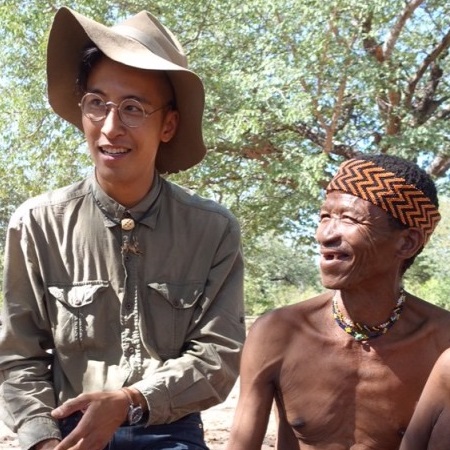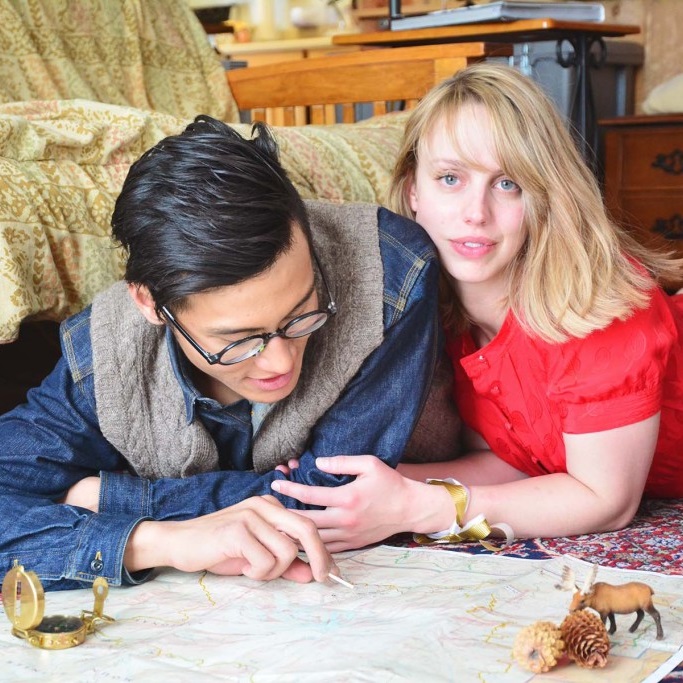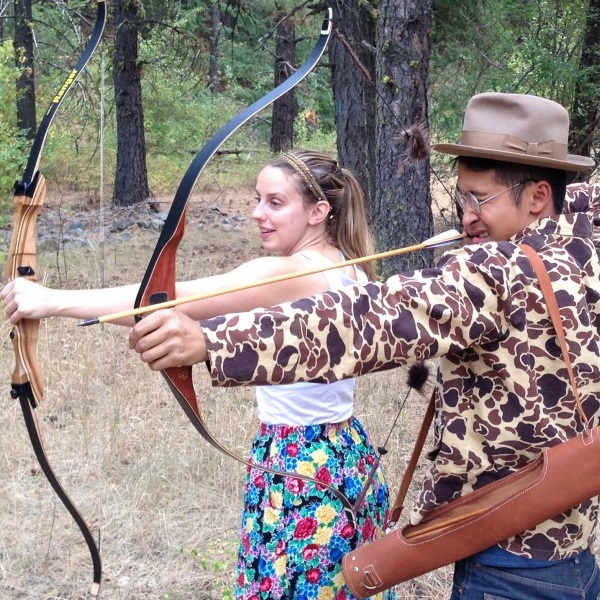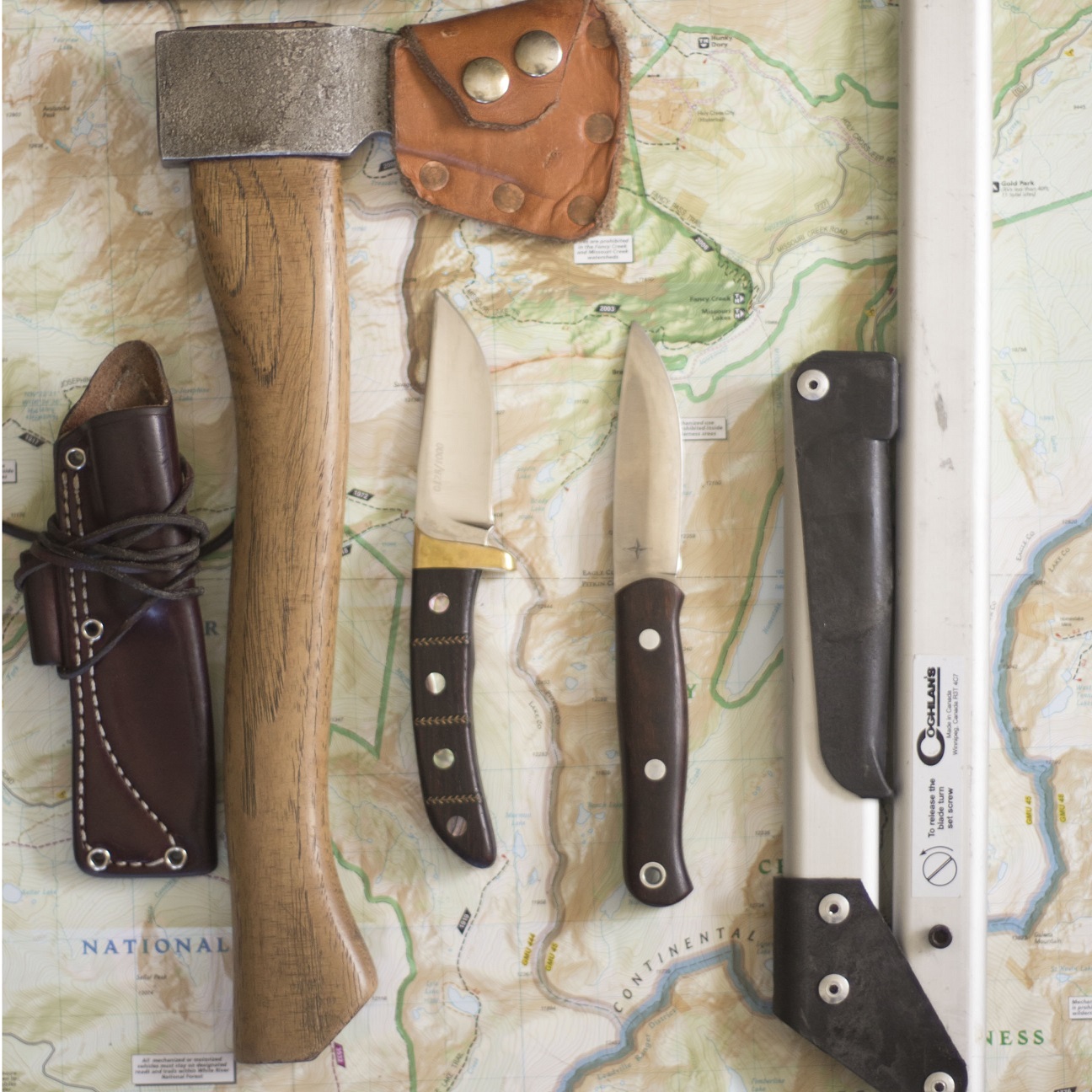The native american`1 2011 coin contains the hands of Colonel Sachem Ousamequin Massasoit and Governor John Carver, who symbolically offer the ceremonial peace whistle after the launch of the first formal peace alliance written between the Wampanoag tribe and European settlers. What it did not have was the first little-known peace treaty between American settlers and an indigenous nation: the Wampanoag-Pilgrim Treaty of 1621. According to History.com, the peace treaty between Massasoit, leader of the Wampanoag Nation, and the leaders of the Plymouth Colony, acting on behalf of King James I, was signed on 1 April 1621, less than a month after the first contact between settlers and members of the indigenous nation was established. A second trip to Pokanoket, where Massasoit lived, was made by the pilgrims so that they could learn more about their neighbors and make some additions to their contract. This time, Edward Winslow and Stephen Hopkins were chosen to make the trip. Massasoit went out to see them when they arrived at the end of their several-day journey. They reaffirmed their peace to each other, and Massasoit agreed to tell his Indians not to make arbitrary visits to Plymouth to seek food and entertainment; And he also agreed to send a messenger to contact the Indians, whose pilgrims took corn on their first arrival – because they have not yet been able to repay it. The report on the signing of the contract is first given in Mourt`s relationship, then in an abbreviated form at Of Plymouth Plantation. Mourt`s relationship was written by Bradford and By Winslow, but it is not known who wrote which part. The style of contract expression is more like Winslow, based on a comparison with his later works, particularly Good News from New England (published 1624 CE), but Bradford may also have contributed to it. Although the treaty reads as if it favoured the settlers, the provisions were understood to apply to both parties, even if they are not specified. The next morning, several of their men came to see us in the hope of obtaining some victuals as we had imagined; Some of them told us that the king would bring some of us to see him. Captain Standish and Isaac Allerton left zealously, which were received in his manner; he gave them three or four ground nuts and a little tobacco.
We cannot yet imagine, but that he is ready to have peace with us, because they have sometimes seen our people alone two or three in the woods at work and in the poultry, if they have not offered them damage, as they might have done easily, and especially because he [Massasoit] has a powerful adversary, the Narragansetts who are at war with him. against whom he believes we can give him some strength, for our pieces are terrible for them. This morning they stayed until ten or eleven o`clock, and our governor offered to send the king`s cauldron, and filled it with peas that pleased them, and they made their way. (55-59) 5. He should send to his fellow neighbours to certify this to them, so that they are not unfair to us, but that they will also be present in the conditions of peace.

